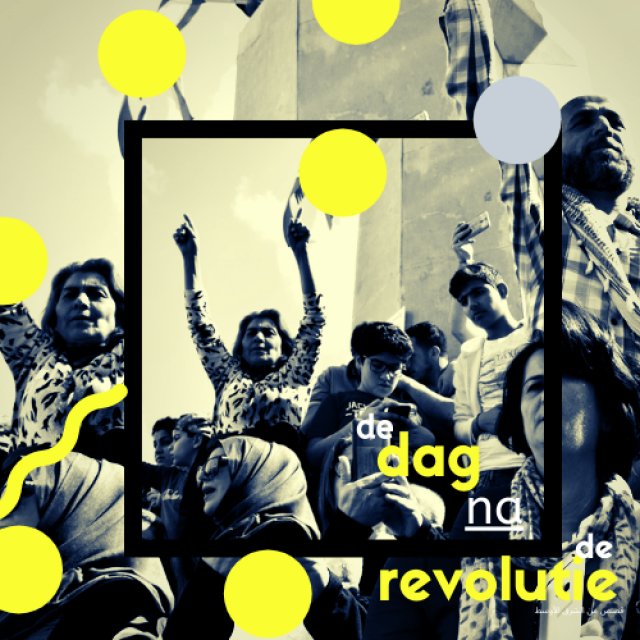You can now learn more about the work of PAX via podcasts. Podcasts are easiest to listen to via your laptop, tablet or smartphone with apps such as Spotify, Apple Podcasts or Google Podcasts.
PAX Podcasts
- The Civilian Protection Podcast
- Lundin War Crimes Podcast
- PAX Palestine Podcast
- Syria – The day after the revolution
Syria

The day after the revolution
“It’s never: one day you have a dictator and the next day you have peace. What to do, the day after the revolution?”
Ten years ago, the ‘Arab Spring’ began in the Middle East and North Africa. A title full of hope. From Tunisia a revolutionary wind blew through many countries. The protests pushed through repressive regimes, corruption and abuse of power.
In this podcast, listen to three stories by Peshmerge, Lubna and Abdulazez who took to the streets in Syria at the risk of their own lives. Can you hear their call for freedom, even ten years later? ‘The day after the revolution’ is a podcast production made by Audio Collective Anomalie, i.c.w. PAX and The Great Middle East Platform.




